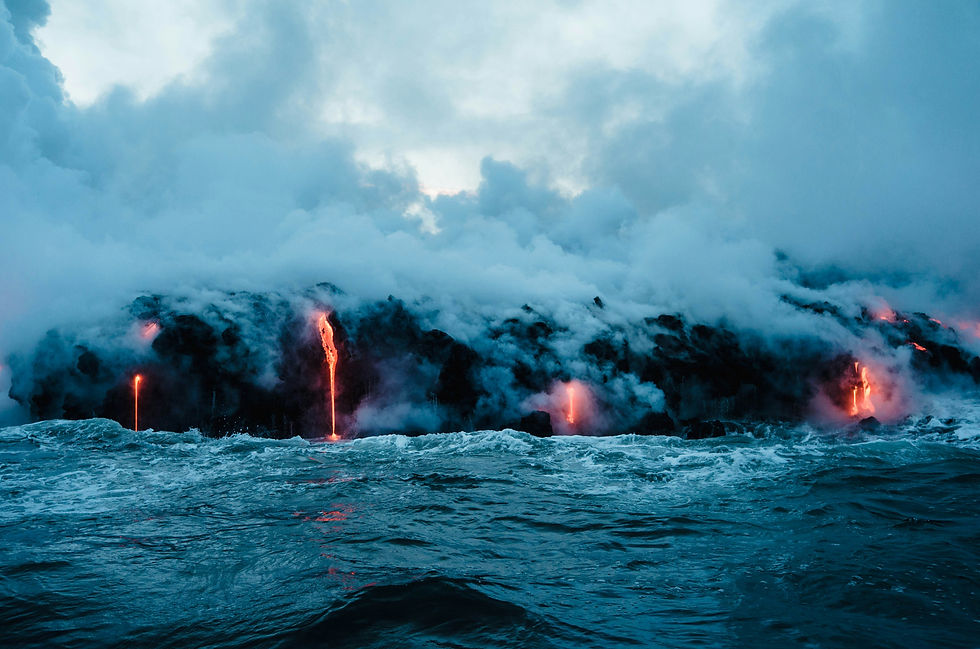A tale from the 'ol man, more truth than fiction.
A long, long time ago; well only a little over 250 years, a small group of Spanish born Franciscan Monk's took a bold new step in their 18th century work in what is now the state of California. With them, they brought their church servant's and an equal number of newly converted Catholic Mexican's, with their families.* Other than the rare trapper, the only other people they met, were members of a number of regional tribes or bands, our words, not theirs/ours. To conclude this prologue, the social and spiritual practices of these tribes needs to be included in the tale of these Monks and a small boy named Enrico, whose story is worth sharing.
There are many orders of Catholic monasteries with rigid practices and adherence to the doctrine of the order. The daily practices, the training, initiation and confirmation are unique within each order. Over the centuries, each order composed their own commandments and interpretations of the Bible. The Franciscan ( named after Francis of Assisi ) order was brutal and cruel under the Authority of the Spanish Church, through the conquests and control of South America. The Mission should be on a top twenty list of some category of films. Now, how does this compare with the daily practices, the training, initiation and spiritual practices of North American original residents?
While there may be some exceptions, and many "learned and authoritative" opinions, to the contrary A few social, spiritual truths appear obvious about how they each lived and adapted to their worlds over a few thousand year.
Wars and inter-tribal conflicts were rare, and they would occur because of, but a few reasons. Trespassing. Over the Millennium's, territories of the tribes was broadly accepted. Crossing the line's could occur out of perceived necessity, during times of famine, it could be a rare expression of renegade tribal groups seeking revenge or advantage, or a time of a conqueror like Napoleon, Alexander the Great, Attila the Hun, Genghis Kahn and Julius Caesar. For the past 300 years conflicts are much more common and mostly are caused by the European's.
The daily practices, the training and the initiation were all adaptive to territory and time, Some had a religion of daily practice that revolved around hunting buffalo, catching salmon, chasing deer and elk, trading pottery, art and tools, making their own clothing, making their own tools, learning spiritual songs and rhythm's with dance and sun-dance. and tribal rights of passage that again reflect the life needs of the tribal family.
"The Copper Woman" book tells of tribal life in this same era, but involving the people lining in the Olympic Peninsula and British Columbia (wait!? one region named after the ancient Gods of Italy and Greece, and the other named of the good of the King and Queen) In this book the rights of passage (the Mitzvah and bar mitzvah ) involved both tnhe boys and girls learning how to walk around a mile in the sand, then walk backwards, with every step landing identically, and leaving the enemy thinking you are still way up ahead. Naturally, this would be a necessary life skill for those living around sandy beaches. Boys would learn to make their life tools, hoes, bows and trade shows They would make their own clothing, as would women make their own clothing. The women would make their tools as well. All this to be an adult confirmed in the family. The Mitzvah's are mostly intellectual, while the tribal religions ordinations include much more than intellectual skills. I think it is important as you read this story, that you consider native spiritually equal to European religion.
The Monks sought souls and converts, and tithes and service, while the King and Queen sought gold, riches, plants as both new species and potential medicines, they wanted expanded wealth power and influence. Their association with the church allowed an independent blessing from above for the the K/Q's actions and rules. Having their pages help convert attending family members only increased the big picture objectives. This blog serves as this Saturday's (Oct 5th) and I hope to complete the entire short story by next Saturday.

The name Enrico is a masculine name of Italian and Spanish origin that means "homeowner" or "king". It comes from the Old High German name Haimirich. The name is related to Henry in English, Henri in French, Enrique in Spanish, Henrique in Portuguese, and Hendrik in Dutch.
Enrico can represent a symbol of cultural heritage and Italy's history and influence. It's also a popular choice for parents looking for a strong name for their children.
Enrico - Baby Name Meaning, Origin and Popularity - The Bump
Sep 27, 2024 — This masculine Spanish and Italian name comes from the Old High German Haimirich and bears the lofty definition “ruler...
The Bump
Enrico - Wikipedia
Enrico is both an Italian masculine given name and a surname, Enrico means homeowner, or king, derived from Heinrich of Germanic o...
Wikipedia
Enrico : Meaning and Origin of First Name - Ancestry
It often represents a symbol of cultural heritage and serves as a reminder of Italy's rich history and influence. Furthermore, Enr...
Hence with the dutch word Hendrix as king, Jimmi was the first King Henry. Not the 8th.
Comments